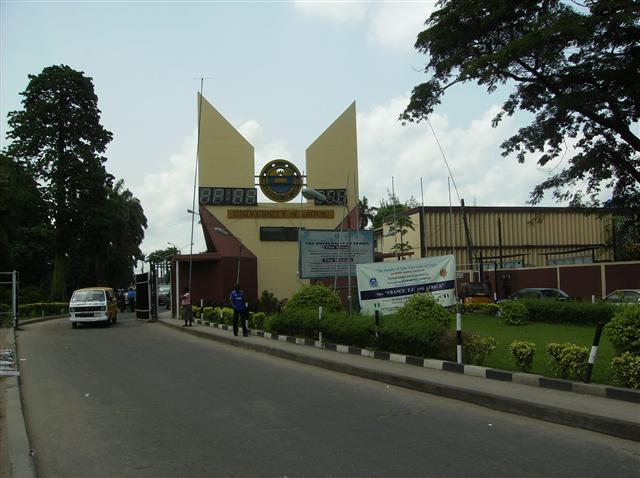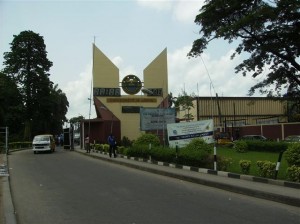
The University of Lagos, UNILAG, has been ranked 16th in the recent ranking of top 100 Universities and Colleges in Africa by the organisation 4 International Colleges and Universities, in the 4icu.org University Web Ranking. The recently released ranking places UNILAG as the first in Nigeria based on web popularity.
The top five universities, according to the web ranking, are all in South Africa. They are University of Cape Town, Universiteit Stellenbosch, University of Pretoria, University of the Witwatersrand, and University of KwaZulu-Natal. South Africa had a good showing on the list as twenty universities made it into the top 100 in Africa, while Nigeria had nine universities on the list – all of them Federal institutions.
The Nigerian Universities on the list are the University of Ilorin (39), University of Ibadan (40), Obafemi Awolowo University (42), University of Benin (45), University of Port Harcourt (52), University of Agriculture, Abeokuta (64), Ahmadu Bello University, Zaria (84) and University of Jos (88).
4 International Colleges & Universities is an international higher education search engine and directory reviewing accredited Universities and Colleges in the world. 4icu.org includes 11,000 Colleges and Universities, ranked by web popularity, in 200 countries. The aim of the website is to provide an approximate popularity ranking of world Universities and Colleges based upon the popularity of their websites. This is intended to help international students and academic staff to understand how popular a specific University/College is in a foreign country.
The current ranking was based upon an algorithm which included three unbiased and independent web metrics extracted from three different search engines:
1. Google Page Rank,
2. Alexa Traffic Rank and
3. Majestic Seo Referring Domains.
The 4icu.org University Web Ranking is not a classification of higher institutions of learning according to its academic standards or by the quality of education or level of services provided. The organisation maintains that the web ranking “is not an academic ranking and should not be adopted as the main criteria for selecting a higher education organization where to study.” The ranking is strictly based on webometrics – how popular an institution is on the World Wide Web, and rates only accredited and recognised higher education institutions.
It is updated every six months, in January and July.
Click here to see the full list.


